In pictures: Indian Africans
- Published
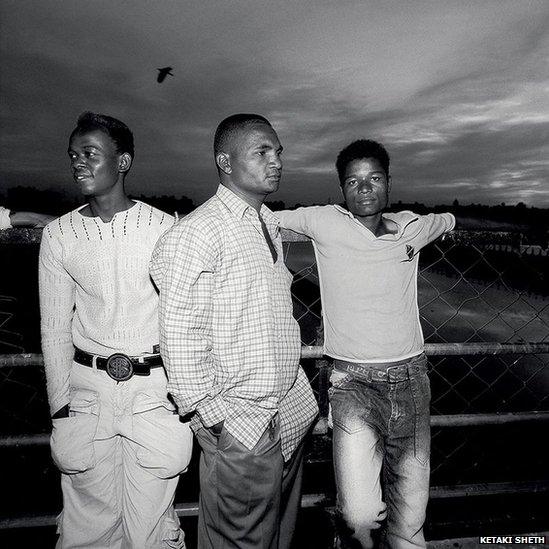
The Sidis are a small community of Indians of African descent. Photographer Ketaki Sheth has documented their lives for a new book, A Certain Grace: The Sidi - Indians of African Descent, published by Delhi-based gallery Photoink.
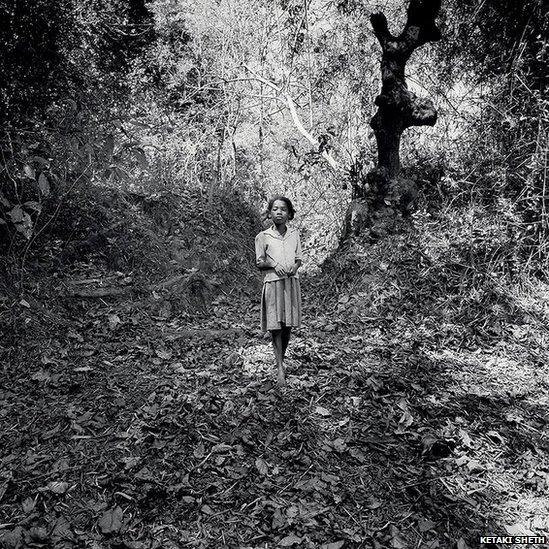
An estimated 60,000 to 75,000 Sidis live in the western state of Gujarat and the southern state of Karnataka. There are smaller numbers in the state of Goa and in the cities of Mumbai and Hyderabad.
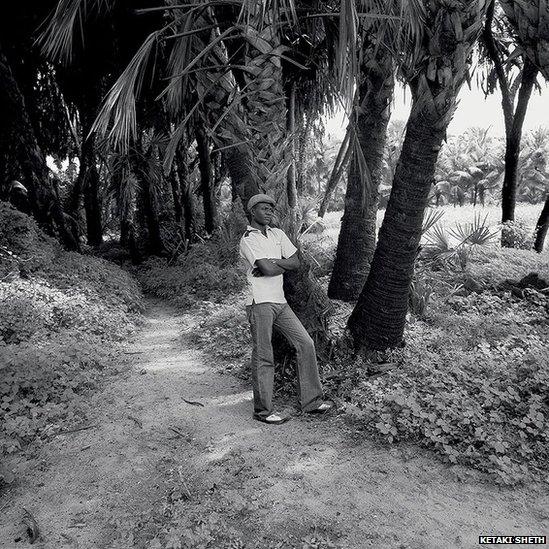
Their ancestors, say historians, were slaves, soldiers, traders, pearl divers and Muslim pilgrims who arrived in India over centuries. A large number of them, they say, also arrived in India as free citizens.
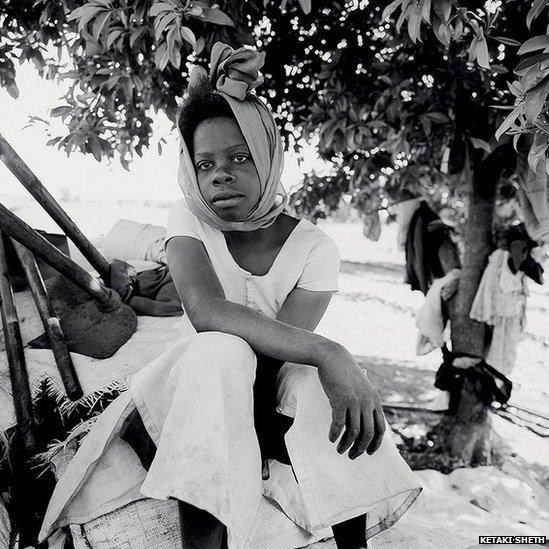
Historian Mahmood Mamdani says the ordinary Sidi were descendants of slaves brought by Portuguese down the coast of East Africa, mainly from Mozambique. "The big difference with Atlantic slavery was that hardly any slaves were brought to India to provide cheap labour... Their main attraction was not their cheapness, but their loyalty," he says.
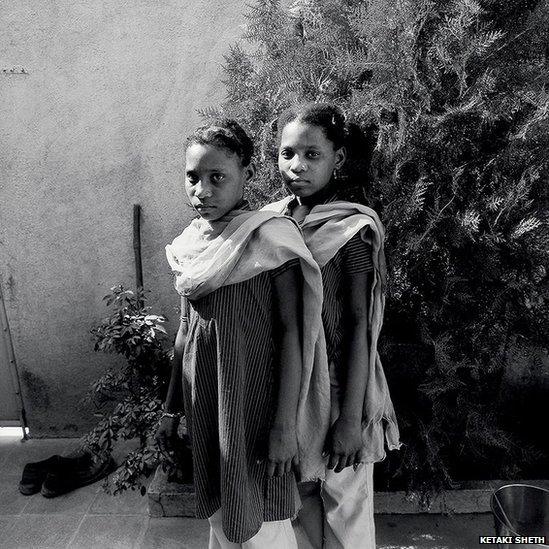
"Except for one or two people I photographed, no-one has visited Africa," Ketaki Sheth says of the Sidis she has met in India. "The older generation too feel rooted in India."
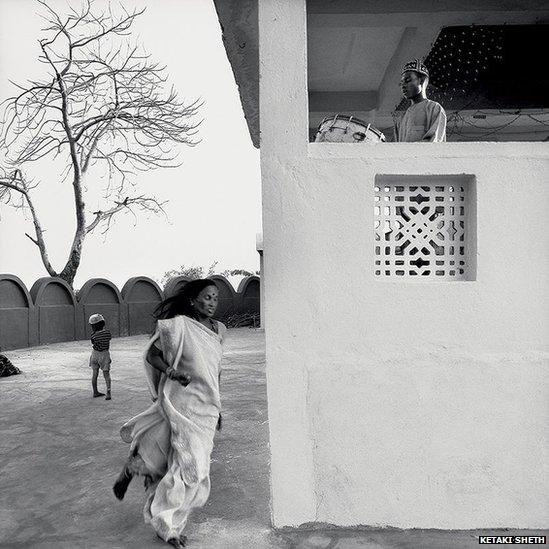
"Except for their dance (called Goma, from the Swahili word, ngoma, meaning both drum and dance) and some exorcism rituals which have roots in Africa, they are Indian in language, customs, dress, food and temperament," says Ms Sheth. The Sidis of Gujarat, for example, speak Gujarati as their mother tongue.
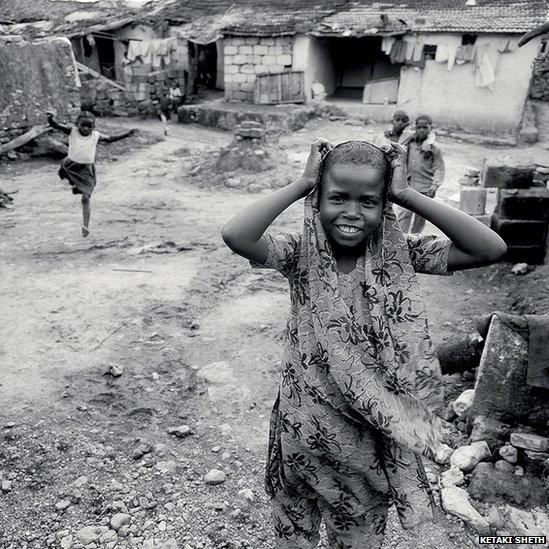
The Sidis are "poor for the most part", Ms Sheth says. They get some affirmative action benefits from the government as they are classified as "scheduled tribes", one of India's most disadvantaged groups.
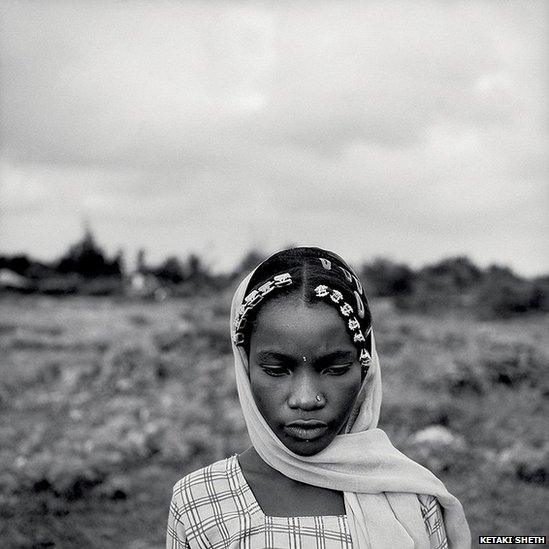
Mahmood Mamdani says a Sidi elder told him that a girl marrying outside the caste or community is usually thrown out. He said the prohibition on marriage outside the community is more because of "interest than identity". Outsiders, the Sidis fear, will take advantage of the affirmative action benefits.
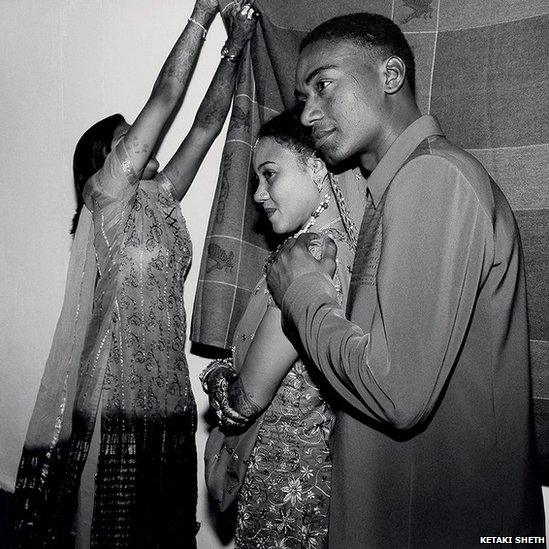
"Whenever I asked a Sidi person I met whether they thought of themselves as African or Indian, I inevitably got a quizzical look. What, they seemed to think, was wrong with me: they were of course, Indians," says Mahmood Mamdani.
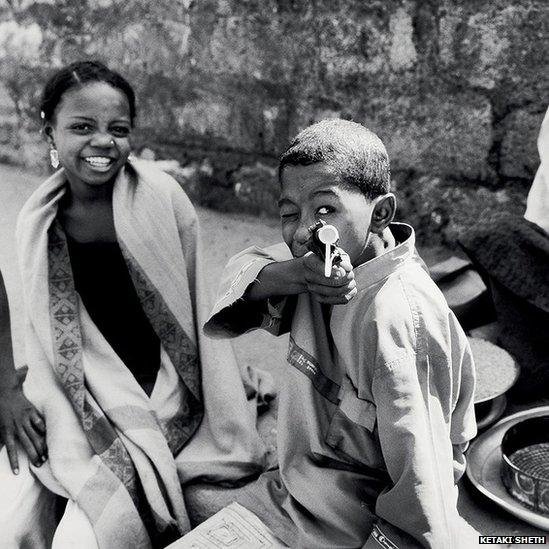
"The Sidis are unfussy and easygoing people. Once you gain their trust and friendship they are open and warm and friendly," says Ketaki Sheth.